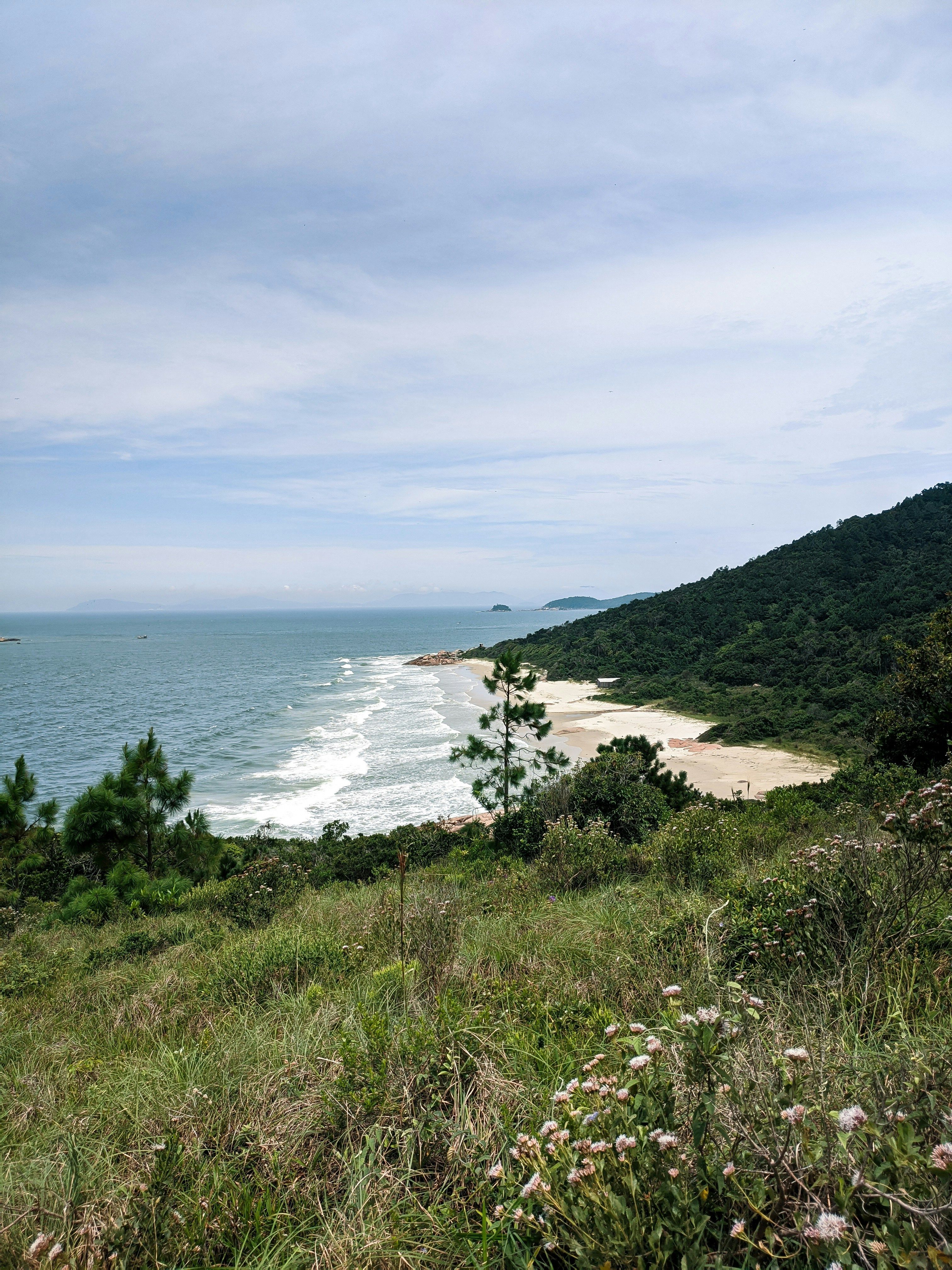Military seizure of authority in Mali sparks public backlash; democracy advocates criticize Colonel Goita's tightening grip, accusing him of suppressing political freedoms.
Colonel Assimi Goita's Power Play in Mali
Colonel Assimi Goita, once hailed as a savior when he seized power in a coup in 2020, now faces mounting opposition as he refuses to keep his promises of elections and democracy in Mali.
With a sudden announcement on April 30, 2025, the government suspended all political parties, silencing the opposition and further consolidating Goita's authoritarian grip [4]. This heavy-handed move came after a national conference proposed that Goita rule until 2030, effectively anointing him as a dictator [4].
Protests against this autocratic move erupted on May 9, 2025, delivering a defiant message to the military regime [3]. Violence might be just around the corner, as more Malians become enraged by the government's oppressive decrees [3].
The people's patience has run thin, and popular support for Goita is quickly dwindling. Ousmane Diallo, a Sahel researcher at Amnesty International, stated, "For many people, even those who initially supported the government, this is a step too far. They see it as Goita trying to consolidate and hold on to power, and they have resolved to stand against it."
In reactions reminiscent of previous antigovernment protests that provided an opening for the military to seize power, Malians are galvanizing once more. If the military regime persists, many have vowed to take back to the streets [3].
In 2020, Malians initially cheered for Goita due to his promises of peace and stability. His coup arrived in the midst of an uprising, as swarms of armed groups from the north threatened the nation, rendering vast regions ungovernable [1]. Despite international support from organizations such as the United Nations and former colonial power France, the Malian government was unable to contain the threat [1].
Goita installed a civilian-led transition government, while he stayed on as vice president. Under pressure from the Economic Community of West African States (ECOWAS) to hold elections, Goita presented a transition charter outlining that the military vice president could in no case be president [1].
However, Goita showed signs of reneging on his promises early on. In May 2021, he staged another coup, removing the civilian president and installing himself as leader [1]. The following year, when the transition was set to expire, the military rulers postponed elections and introduced a five-year transition plan [1]. ECOWAS refused the deal, and opposition political parties protested in statements, but the military government refused to change course [4].
Since taking power, several opposition politicians have been arrested, tried, and jailed, often on trumped-up charges like "opposition to legitimate authority" [4]. In July 2020, protests against the previous government were met with brutal crackdowns by security forces, resulting in the deaths of at least 14 people [3].
While Goita has managed to maintain relative peace in some areas, his military approach has come at a heavy cost for civilians, according to rights groups. Russian fighters and Malian soldiers have been accused of extrajudicial killings of suspected militants, often based on biased profiles [2]. Ethnic groups like the Fulani and Dogon, perceived as supporting armed groups, have been targeted. In reality, many villagers are controlled against their will by powerful armed groups that have set up their own tax and judicial systems [2].
A major win for the military came when Kidal, a rebel stronghold in the north, fell under government control for the first time in 2023. However, the relative peace in Mali has not been achieved without suffering, as displacement and violence continues to affect ordinary civilians.
Despite achieving some military victories, analysts argue that dialog is necessary, as a purely military approach may no longer be sufficient [2]. As the political climate in Bamako becomes increasingly restrictive, experts warn that ordinary Malians far from the capital are suffering the most.
- The breaking news of continued political instability in Mali, under the rule of Colonel Assimi Goita, raises concerns about human rights violations, as protests against his authoritarian grip intensify.
- As the business of democracy and elections in Mali remains stalled, politicians are arrested and silenced, influencing the general-news narrative of a country in crisis, with many refugees seeking safety beyond its borders.
- In the midst of escalating war and violence, political maneuvers in Mali, such as the suspension of political parties and Goita's rule until 2030, have sparked international scrutiny on questions of the former military leader's commitment to upholding human rights and democratic principles.








